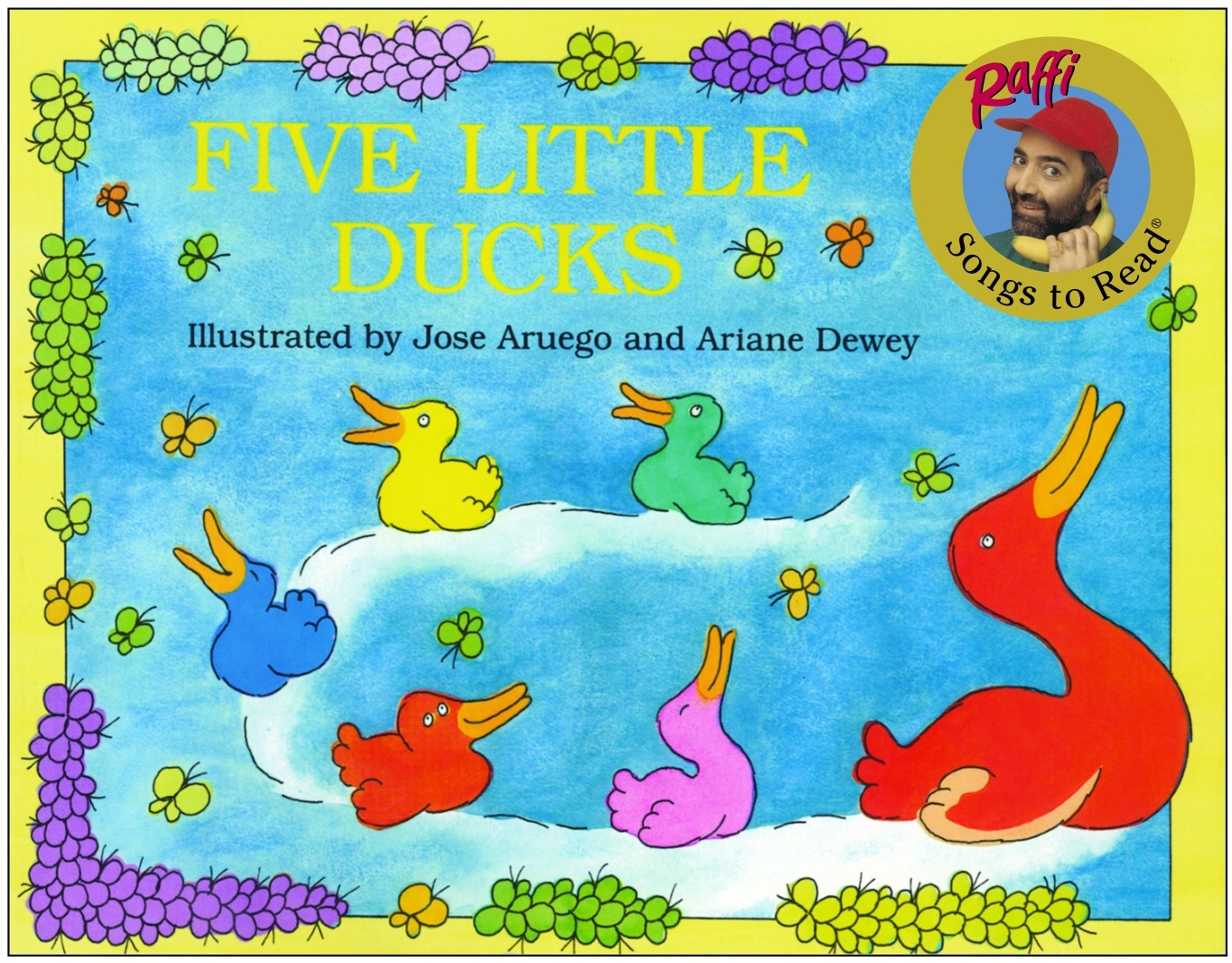
No one told me that specifically, but you know what I mean. I don’t know about it and I don’t know what the alternatives you are looking at there when you are starting out.īut for me, coming in with no trade and making far less than anyone, and being so naive, I believed people when they told me I had no power. I don’t know what it is like coming in with that, that is coming in on a career track and making more money than I ever did there. So it definitely changed the way I thought, probably in ways I never even noticed it doing.Īs a parent, what advice would you give young people considering an oil industry job after college? Or thinking about leaving Cape Breton, where you grew up? It was cathartic, a release, there was a necessary before and after to making it. We reached out to Beaton for an email interview about her book, the catharsis of writing about an extremely difficult time, how her home has changed, and what she’d like to try next. Fun Home author Alison Bechdel called Ducks “Devastating,” adding that “Beaton captures the humanity of people doing a kind of ‘dirty work’ in which we are all complicit, and it shimmers with grace.” “A masterpiece,” said Publishers Weekly. I’m not the only one who finds the book praiseworthy.


Beaton was one of only a few women toiling for two years in the Alberta Oil Sands and her stories are so moving and shocking, Ducks is hard to stop thinking about once you’ve spent a little time with it.
/https://www.thestar.com/content/dam/thestar/entertainment/books/2017/01/05/kyo-maclear-finds-nourishment-in-nature-in-new-memoir/kyo-with-ducks2.jpg)
But her new book, Ducks, is a compelling shift away from her usual genres-it’s a memoir of her time working in “an oil-industry man camp” to pay off her college loans. Illustrator Kate Beaton is perhaps best known for her humorous work, with comic series including Hark! A Vagrant and The Princess and the Pony.


 0 kommentar(er)
0 kommentar(er)
